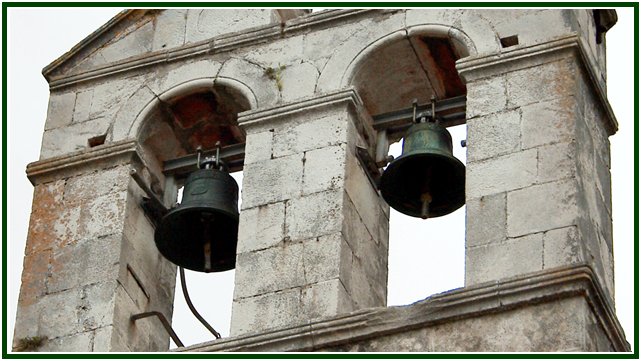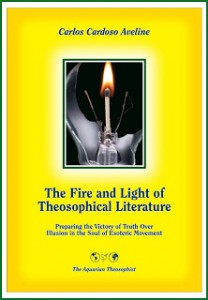
A Poem About Universal Brotherhood
Henry Wadsworth Longfellow

0000000000000000000000000000000000
The following poem is reproduced
from “The Works of Henry Wadsworth
Longfellow”, The Wordsworth Poetry
Library, U.K., 1994, 886 pp., p. 534.
0000000000000000000000000000000000000000000
I heard the bells on Christmas Day
Their old familiar carols play,
And wild and sweet
The words repeat
Of peace on earth, good-will to men!
And thought how, as the day had come,
The belfries of all Christendom
Had rolled along
The unbroken song
Of peace on earth, good-will to men!
Till, ringing, singing on its way,
The world revolved from night to day,
A voice, a chime
A chant sublime
Of peace on earth, good-will to men!
Then from each black accursed mouth
The cannon thundered in the South,
And with the sound
The carols drowned
Of peace on earth, good-will to men!
It was as if an earthquake rent
The hearth-stones of a continent,
And made forlorn
The households born
Of peace on earth, good-will to men!
And in despair I bowed my head;
“There is no peace on earth,” I said;
“For hate is strong,
And mocks the song
Of peace on earth, good-will to men!”
Then pealed the bells more loud and deep:
“God is not dead; nor doth he sleep! [1]
The Wrong shall fail,
The Right prevail,
With peace on earth, good-will to men!”
NOTE:
[1] The reader must take into consideration that in esoteric philosophy the word “God” is but a metaphor meaning the universal law and the totality of Nature. The very context and meaning of these final verses confirms that Longfellow uses the concept of God as a synonym to Law.
000
On the role of the esoteric movement in the ethical awakening of mankind during the 21st century, see the book “The Fire and Light of Theosophical Literature”, by Carlos Cardoso Aveline.

Published in 2013 by The Aquarian Theosophist, the volume has 255 pages and can be obtained through Amazon Books.
000